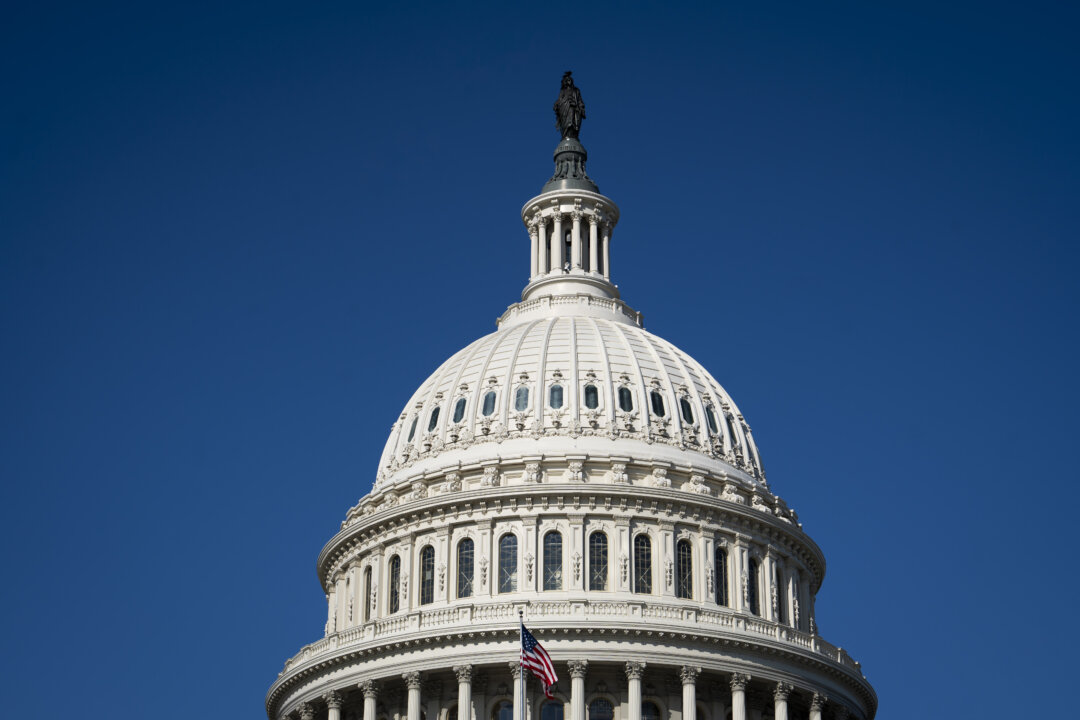
WASHINGTON—After a monthlong recess, House lawmakers will consider a flurry of China-related legislation during their first week back. Adding a China Week amid other priorities, most notably the pressure to pass spending bills, has bipartisan support and shows the congressional consensus that the Chinese regime poses the most significant national security risk to the United States. That position will likely continue in the next administration regardless of who wins the election in November.
The 20-some bills teed up for fast-tracking focuses on addressing the CCP’s threat to the United States in two main areas: technology and influence. Seven bills aim to prohibit communist China from breaching U.S.

security via insecure devices or predatory data collection, including Chinese drones, port cranes, and biotech companies collecting the genetic data of Americans. Another seven bills aim to support the U.S.
global technological leadership by fending off Chinese espionage and strengthening export controls. A key difference between the sector and other high-tech industries such as semiconductors is the moral and ethical element. If China is the first to achieve dominance in cutting-edge biotechnologies, it will set the ethical standard in a way that favors the CCP while disadvantaging Western democracies that may use the technology differently.
Another two bills, sponsored by Reps. Nicole Malliotakis (R-N.Y.
) and August Pfluger (R-Texas), seek to address the issue. “It is time that we draw a line in the sand—either you support national security, or you do not,” Pfluger said in an emailed statement to The Epoch Times. The proposed bills are relatively reserved in their scope and are likely to win broad bipartisan consensus, partly due to Republicans’ slim, four-seat majority.
Several of these bills order studies into an issue, with some matters requiring more action—like restricting outbound investment to China and ending the de minimis privilege (which exempts shipments under $800 from tariffs) on Chinese goods—left out entirely. President Joe Biden hasn’t indicated whether he endorses the initiative, which would likely be necessary to get the bills through the Democrat-controlled Senate..














